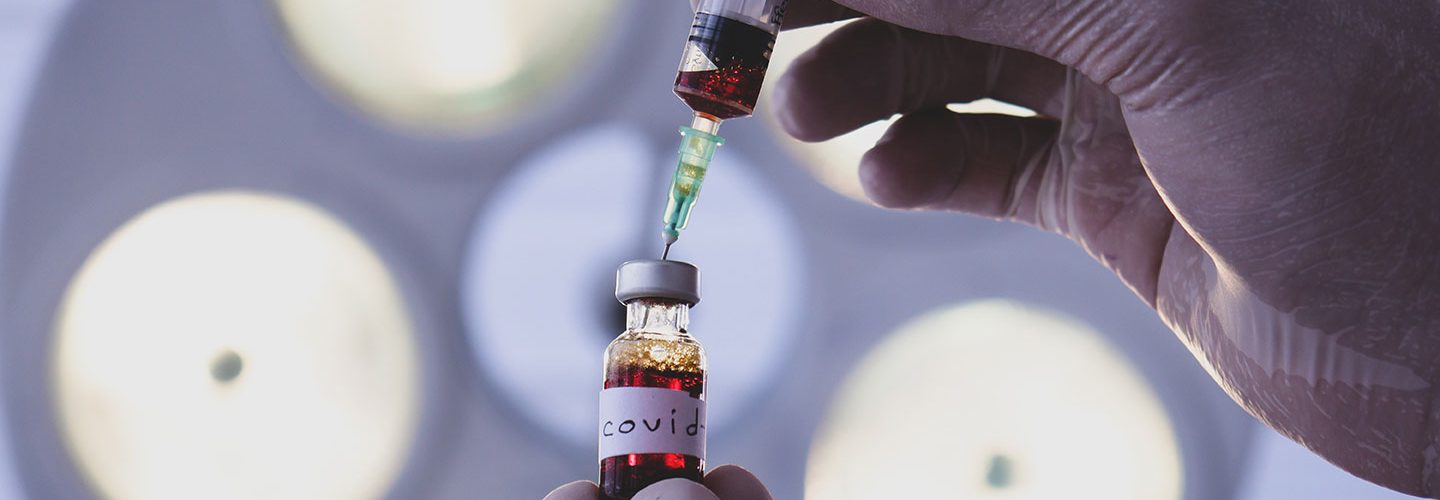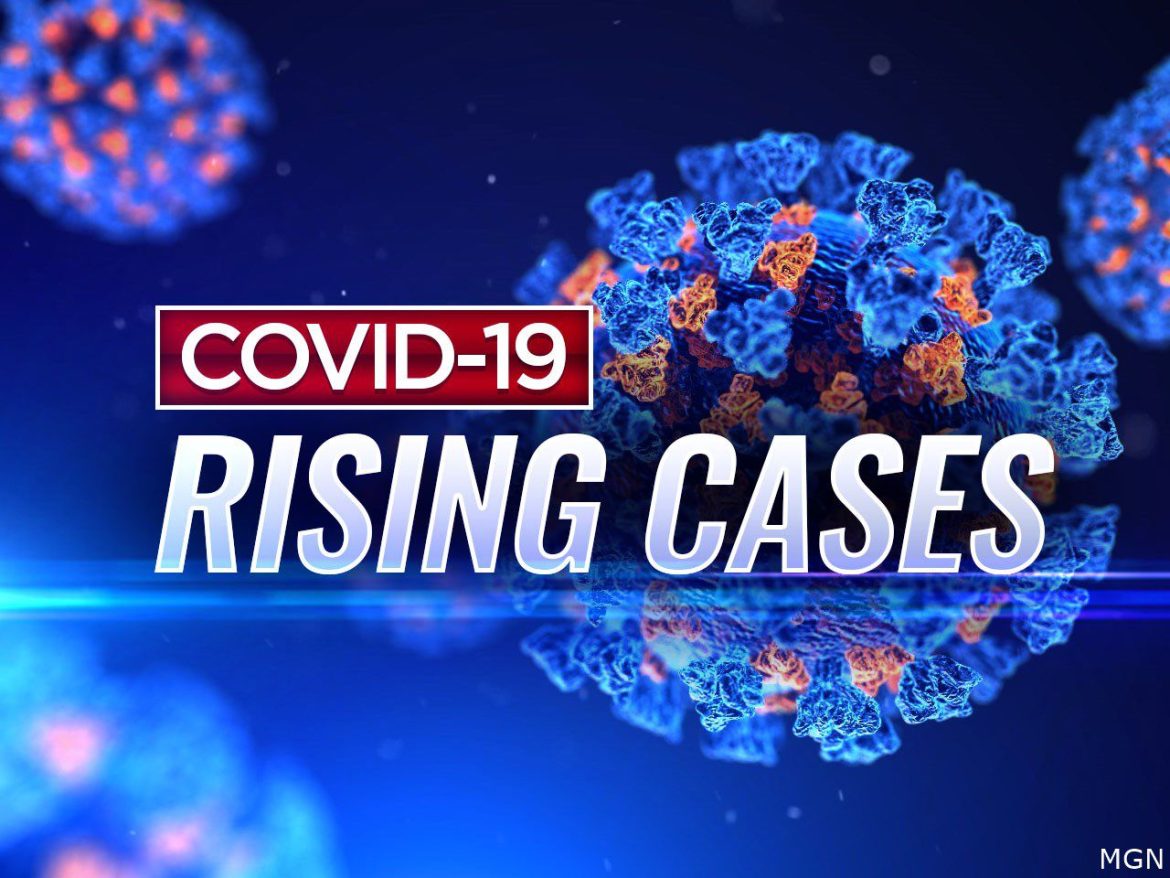From: https://vpha.org.vn/covid-19/tiem-tron-lan-hai-loai-vac-xin-covid-19–nen-hay-khong-nen.html
Since emerging in late 2019, the COVID-19 pandemic has devastated the world’s public health systems and economies. To prevent the transmission of the virus and reduce the severity of the epidemic, research to develop an effective vaccine against SARS-CoV-2 is accelerated and the world’s first vaccine dose has been administered in December 2020. The AstraZeneca vaccine is the most used vaccine worldwide, administered in 182 countries, followed by the Pfizer—BioNTech, Moderna and Sinopharm vaccines, administered in 115, 68 and 66 countries.
Starting March 8, 2021, Vietnam begins the largest vaccination campaign in history, aiming to achieve herd immunity by early 2022. According to the Ministry of Health, the Government of Vietnam has invested in the national budget and also received support from international organizations such as the COVAX Facility and other governments through vaccine diplomacy to ensure supply Covid-19 vaccine. Despite receiving a lot of support, getting enough vaccine doses for the people was still a challenge for developing countries like Vietnam at that time. Additionally, mutations in the SARS-CoV-2 genome and the emergence of variants are believed to reduce the effectiveness of existing vaccines. 1 Therefore, mixing and combining two different types of vaccines has been proposed by many researchers as a solution to solve the above two problems.

The question is, should two COVID-19 vaccines be mixed?
Mixing vaccines and using them as second or booster doses has been practiced long before the emergence of the SARS-CoV-2 virus. To date, mixing DNA vaccines and vector vaccines has resulted in higher immunity in both animal models and humans. These 2 methods have been applied to treat HPV, HIV, influenza, and Ebola viruses. For example, with HIV, although we do not yet have an effective HIV/AIDS vaccine, in 2012 the most effective vaccine developed to date used a combination of multiple vaccines. beg to differ. This is because protection against the HIV virus requires a complex immune response that is nearly impossible to achieve with a vaccine because a vaccine tends to induce only one type of immune response. or stimulate a set of immune cells 3
MIXING VACCINE DOSES HELP BOOST OUR IMMUNE SYSTEM
Several mechanisms have been proposed to explain the use of heterogeneous vaccines to increase immunity. Specifically, by using different vaccine formulations, different arms of the immune system are activated. Therefore, the combination of cellular and humoral immunity may lead to higher and longer-lasting immunity. It has also been shown that higher concentrations of IgG or neutralizing antibodies can be achieved using heterologous vaccines because these vaccines can stimulate humoral immunity through multiple means. 1 Although the underlying mechanism explaining the induction of higher immunity by COVID-19 vaccine mixing has not been clearly characterized. However, based on the results from existing studies on COVID-19 vaccine combinations, it is shown that IgG antibodies, neutralizing antibodies and cellular immune responses also increase significantly when administered. COVID-19 vaccines are different than using the same vaccine 4 5 , 6 . Similar results were found in the study by Barros-Martins et al (2021) where in people vaccinated with one dose of AstraZeneca vaccine and given a second dose of Pfizer, immunoglobulin G (IgG) and IgA anti -spike (S) was 11.5 times higher than those who received both doses of AstraZeneca, and the humoral immune response was also better. 7
PAY ATTENTION TO SIDE EFFECTS WHEN GETTING MIXED VACCINES.
Although mixing vaccines is preferred and has a solid scientific basis for implementation, post-vaccination side effects also need to be addressed. Evaluation results on people in Saudi Arabia showed that people who received mixed vaccines had more and more serious side effects than those who received the same vaccine 8 . The Combivacs study in Spain also showed that people who received the first dose of the AstraZeneca vaccine and the second dose of the Pfizer vaccine had a stronger response than patients who received two doses of AstraZeneca. 3 Similar results were found in the Oxford Vaccine Group’s Com-Cov trial 9 . However, in Vietnam, a cross-sectional study of 719 people was conducted through telephone interviews to determine the safety of mixed injections of COVID-19 vaccines in booster doses. The results showed that most of the side effects experienced after vaccination were mild such as fever, headache, muscle pain and/or pain at the injection site and that mixing the two vaccines did not cause many side effects. than with injections of the same type . ten
Although mixing Covid-19 vaccines is not considered dangerous, clinical trials and studies evaluating the effectiveness and safety of combining COVID-19 vaccines are currently needed. continue to be carefully considered.
References:
- Kardani K, Bolhassani A, Shahbazi S. Prime-boost vaccine strategy against viral infections: Mechanisms and benefits. Vaccine. 2016;34(4):413-423.
- Lin K, Roosinovich E, Ma B, Hung C-F, Wu T-C. Therapeutic hpv DNA vaccines. Immunologic research. 2010;47:86-112.
- VaccinesWork. Is it safe to mix and match COVID-19 vaccines? 2021; https://www.gavi.org/vaccineswork/it-safe-mix-and-match-covid-19-vaccines.
- Borobia AM, Carcas AJ, Pérez-Olmeda M, et al. Immunogenicity and reactogenicity of BNT162b2 booster in ChAdOx1-S-primed participants (CombiVacS): a multicentre, open-label, randomised, controlled, phase 2 trial. The Lancet. 2021;398(10295):121-130.
- Schmidt T, Klemis V, Schub D, et al. Immunogenicity and reactogenicity of heterologous ChAdOx1 nCoV-19/mRNA vaccination. Nature medicine. 2021;27(9):1530-1535.
- Benning L, Töllner M, Hidmark A, et al. Heterologous ChAdOx1 nCoV-19/BNT162b2 prime-boost vaccination induces strong humoral responses among health care workers. Vaccines. 2021;9(8):857.
- Barros-Martins J, Hammerschmidt SI, Cossmann A, et al. Immune responses against SARS-CoV-2 variants after heterologous and homologous ChAdOx1 nCoV-19/BNT162b2 vaccination. Nature medicine. 2021;27(9):1525-1529.
- Alshahrani MM, Alqahtani A. Side effects of mixing vaccines against COVID-19 infection among Saudi Population. Vaccines. 2022;10(4):519.
- Shaw RH, Stuart A, Greenland M, Liu X, Nguyen Van-Tam JS, Snape MD. Heterologous prime-boost COVID-19 vaccination: initial reactogenicity data. Lancet (London, England). 2021;397(10289):2043-2046.
- Hung PV, Nguyen TD, Ha LT, Toi PL, Tram TH. Common Adverse Events from Mixing COVID-19 Vaccine Booster in Hanoi, Vietnam. Vaccines. 2023;11(6):1097.

























Add comment